Why Your Gas Bill May Triple In The Next 5 Years
No, this is not a scare tactic, it’s simple supply and demand – economics 101. The short answer to the question? Free trade.
We Americans are spoiled, you’ve heard that before. It’s an exaggeration for many topics, but when it comes to energy prices, it’s definitely true. With natural gas, it’s especially true. According to Forbes in May 2012, Asian wholesale spot prices for natural gas were $20/MMbtu, while US prices were $2/MMbtu, the lowest seen in about a decade.
(Jargon Demystified: A million British Thermal Units (MMbtu) is roughly equivalent to a mcf, or 1000 cubic feet of natural gas. Your gas bill is probably in mcf. Current retail prices for a mcf are $4-6, check your gas bill. Your gas bill unit could also be a ccf, or hundred cubic feet at $.40-.60, or MMbtu, depending on the utility. Think you’re paying too much? Check out tip 1 here.)
Margins Like a Drug Cartel
A 10:1 price difference is pretty wild. That is the equivalent of a $20,000 Toyota Prius selling for $200,000 in Japan. It would be a good time to export Priuses! The trouble with natural gas is that there is very little capacity to export it. For now, that is. Plans are in the works to have that capacity up and running in 2015-2016, just a few years from now.
I should also mention that the 10:1 price difference is a bit extreme, Asian prices seem to be more in the $15-17 range and Europe is in the $12-14 range. The current US price is about $3 wholesale, according to EIA. Forbes says it costs about $4/MMbtu to ship and convert natural gas into liquid natural gas, or LNG. Even at prices of $4-6 wholesale, which are expected, it still makes good business sense to export to Europe and Asia.
Why So Little?
So why are we paying so little for natural gas in the US? That’s easy: fracking. Like it or not, we are the new Saudi Arabia of natural gas because of hydraulic fracturing.
(Full disclosure: I have some personal reservations about the fracking process because I have ground water and live over Marcellus shale. Scientific American just reported on a study that found substantially elevated methane levels near fracking wells, enough that one homeowner lit his water on fire – something that is not supposed to happen. That’s not even getting into some of the nasty chemicals involved. That said, there is too much money involved to stop it easily, we need to fight for good safety and environmental regulation.)
The monthly production of dry natural gas is up 150% in the last 30 months, with a big chunk of the increase coming from Marcellus shale gas. That’s remarkable for a stable industry like energy.
Why Will Prices Go Up?
So huge reserves and increased production have driven down prices in the short term, but there are several factors that are going to drive it right back up, possibly to $8/mcf retail this year, which is about double what we are paying right now.
1. Electricity production is moving to natural gas. It’s cheaper than oil or coal already, and is a likely substitute as part of a move away from nuclear power (ill-considered?) after the Fukushima plant debacle in Japan. This uses a large amount of natural gas and is a world wide trend.
2. Fleets are moving to natural gas. Some buses and cabs already run on it.
3. Well owners are capping the wells. At $2/mcf they are losing a lot of money. So they cap the well for now, reducing supply and eventually raising prices. Well head count is down as of July 2012 from 1600 to about 500 because of this. Reserves aren’t filling up as quickly as usual due to this.
4. Exports. It’s just a matter of time until we start shipping it out. 2015-2016 is a reasonable expectation. Our price will come much closer to world prices.
5. China and India are growing. They are getting cars and air conditioning, and generally using more energy. More demand with the same supply means higher prices.
These ARE the Good Old Days
So we Americans should enjoy our $100-200/month natural gas heating bills while we can. My prediction, as evidenced in the title, is a tripling in price to $12/mcf retail in the next 5 years. Those ugly gas bills from 2005-2007? Unfortunately, they are coming back. This will once again make energy efficiency extremely attractive. (Even now, though, ROI is easily over 10%.) Time will tell if I am correct. Don’t ask my wife, though, she thinks I’m always wrong.
So What Do I Do About This?
That’s pretty simple. Improve the efficiency of your home so that you aren’t paying too much more overall. There are 3 primary cost effective ways to do that:
1. Seal up air leaks around your home. Air sealing is best focused on the attic and basement, but the walls leak too. An older leaky home can lose as much heat from leaking air as it does from lack of insulation.
2. Add insulation to the attic, basement, and walls.
Are you a DIYer? Tackle 1 & 2 yourself. Download Our Free DIY Attic Insulation Guide
3. Upgrade your furnace and air conditioner to more efficient models.
The 3 of these together are the main components of Home Performance – making heat and cool efficiently (HVAC) and then keeping it in the house as long as possible (insulation and air sealing).
The return on investment (ROI) is pretty good now, but will get much better in time as fuel prices go up.
Better yet, your home will be much more comfortable year round, you’ll have fewer allergy problems from gross attic and basement dirt getting into your home, and your house will last longer because home performance naturally addresses moisture issues – and water kills homes.
Want to find out what your specific home needs to get more efficient and reduce your gas bill now? Get an energy audit or find your local home performance contractor (look under insulation). If you talk to a contractor, be sure they say something about home performance or a whole house perspective. Lots of insulation contractors do a crummy job that could cause other problems, like mold, later.
If you are local to the Cleveland area, our free home performance evaluations will give you a prioritized list of what to do plus we can help you get utility rebates up to $1525. Click below to get one!
Related Posts:
Fix Your House for Free: The Magic of Energy Efficiency Financing
What the Heck Is Home Performance and Do I Give a Hoot?
Why Power Companies Want to Control YOUR Thermostat
Related Posts:
Fix Your House for Free: The Magic of Energy Efficiency Financing
What the Heck Is Home Performance and Do I Give a Hoot?
Why Power Companies Want to Control YOUR Thermostat
Comments
Get the HVAC Guide

It's free! Make buying a new furnace, air conditioner, or heat pump less stressful.




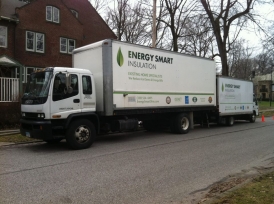
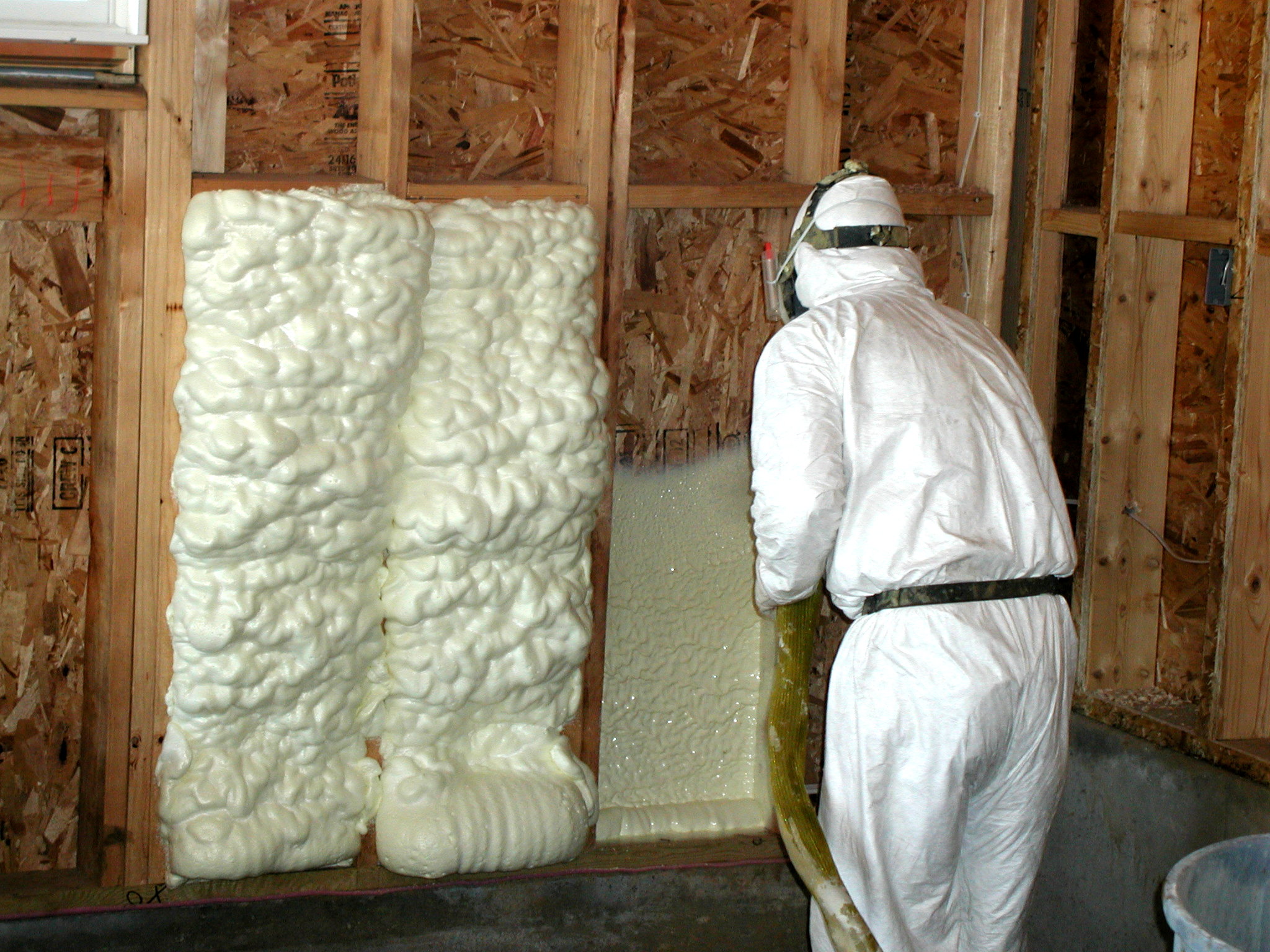
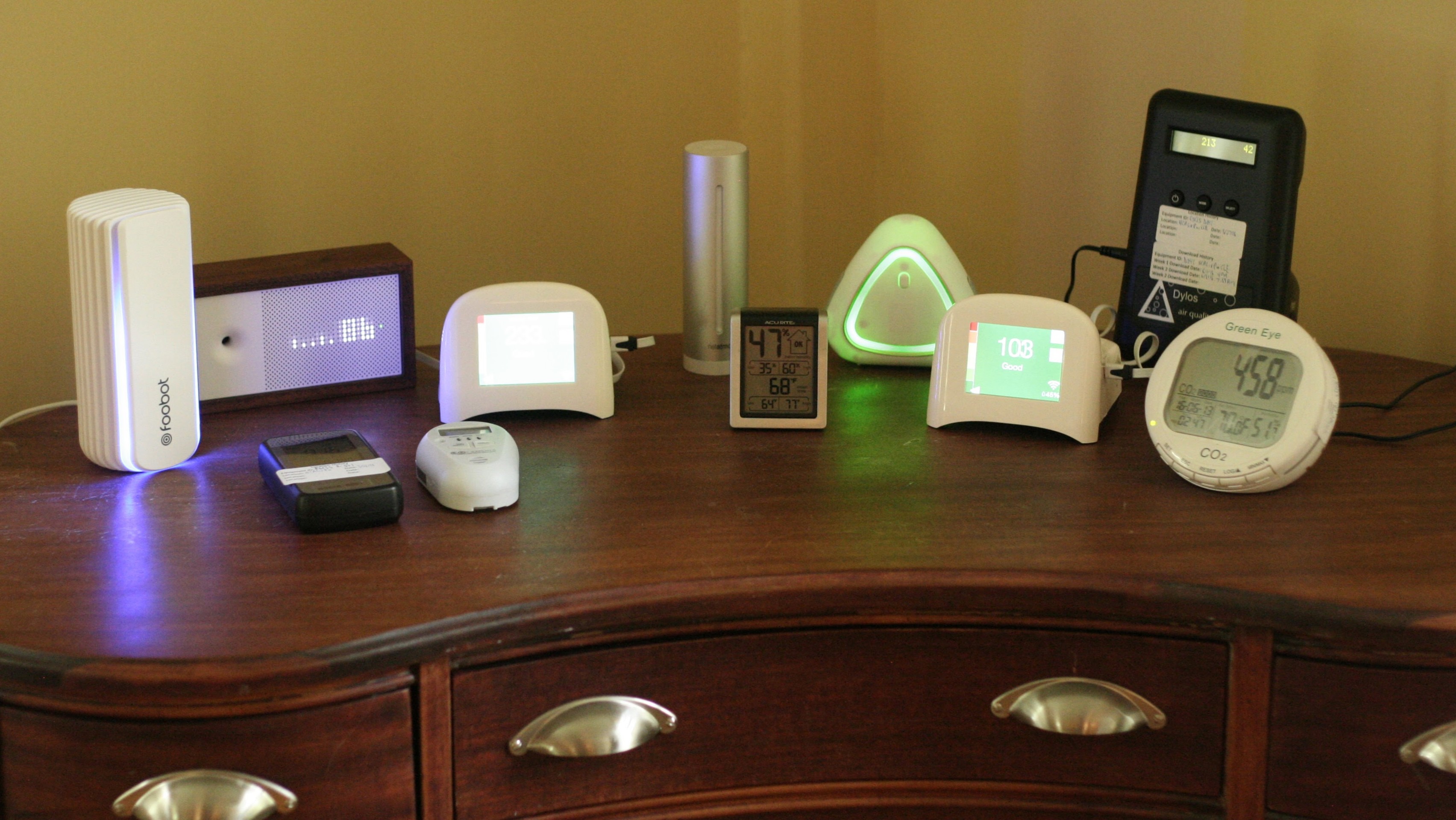
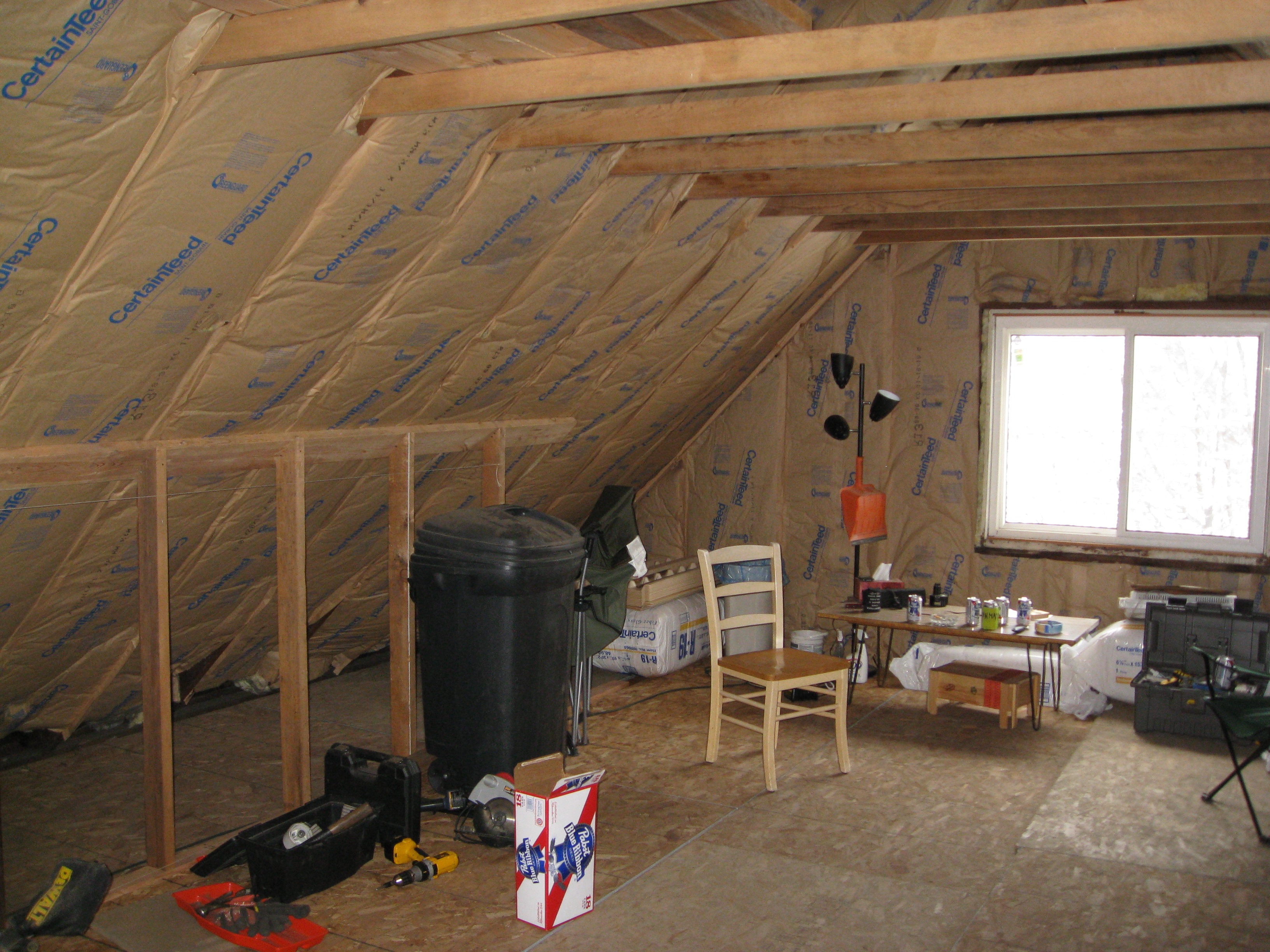
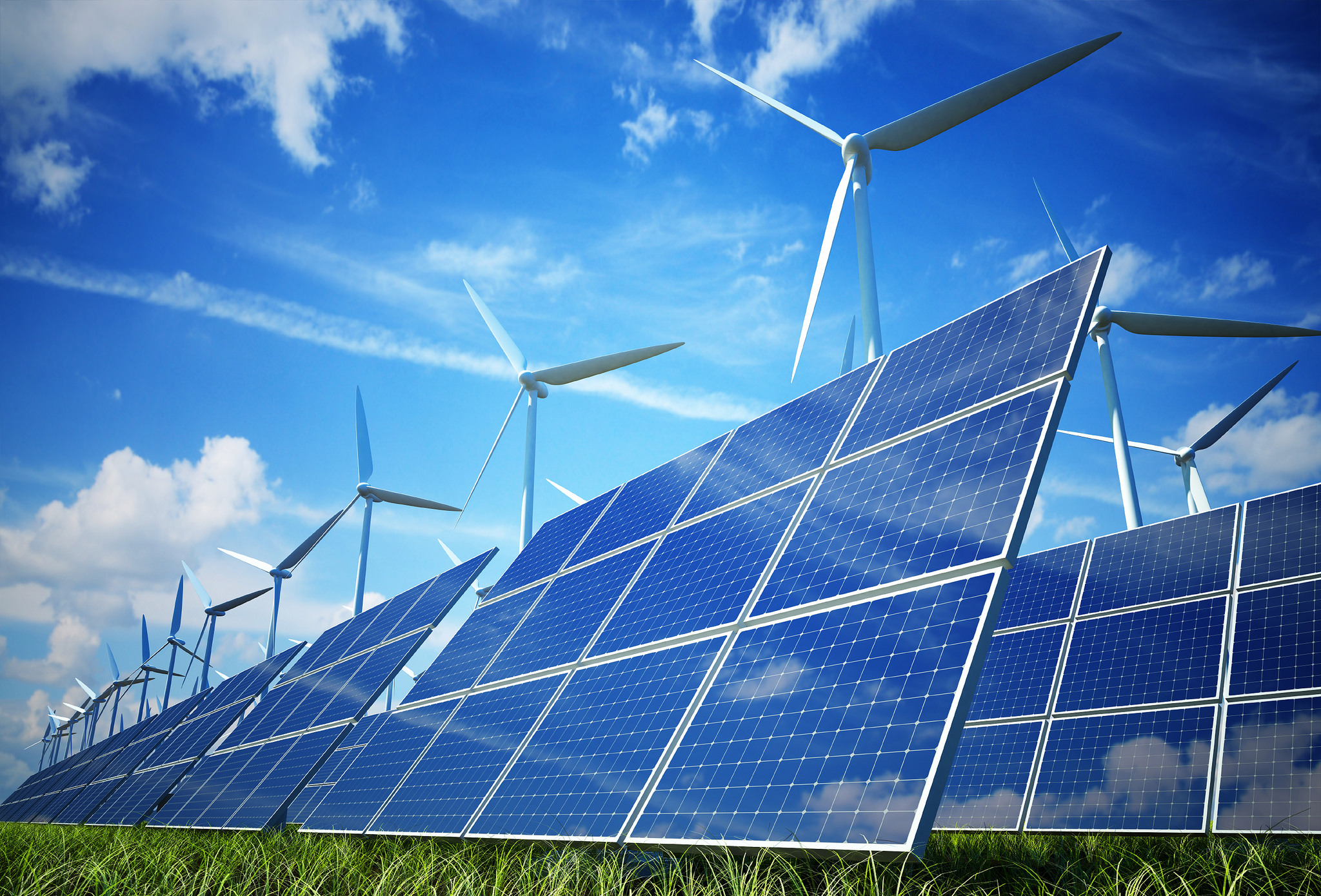




Great article. Do you think a 3x markup in natural gas prices will cause an increase in electrical prices as well, especially given that more power plants are switching to natural gas?
Or might electrical utilities be able to hold prices of their own services down, since they are higher volume/bulk purchasers of natural gas?
~John